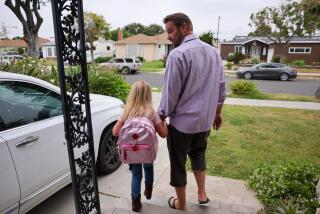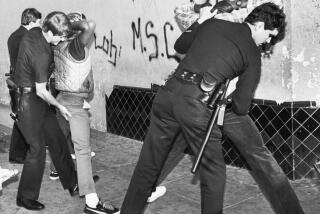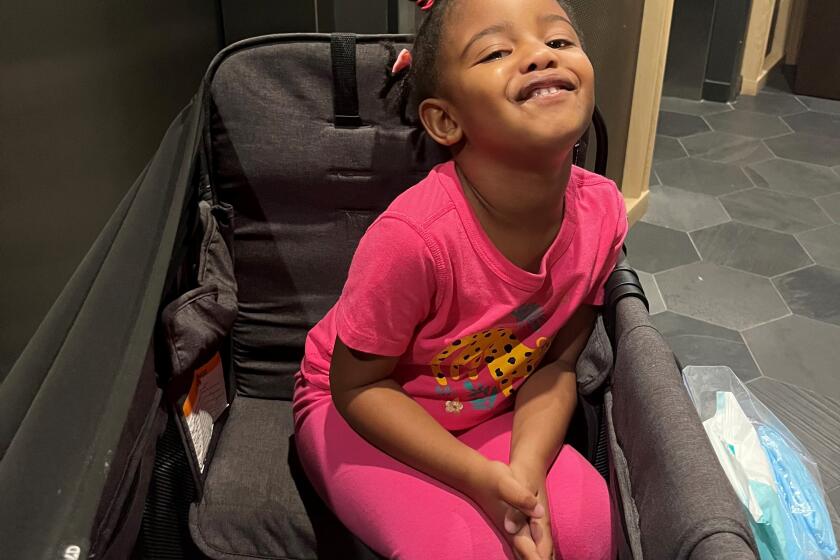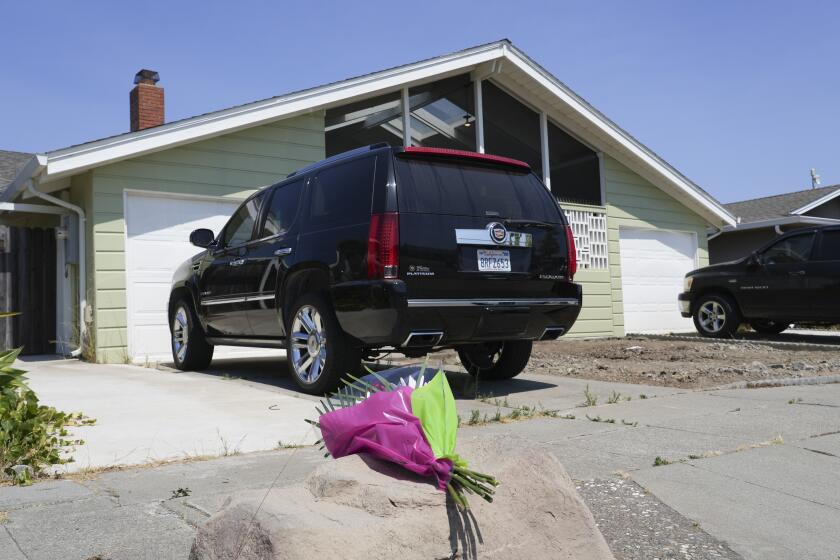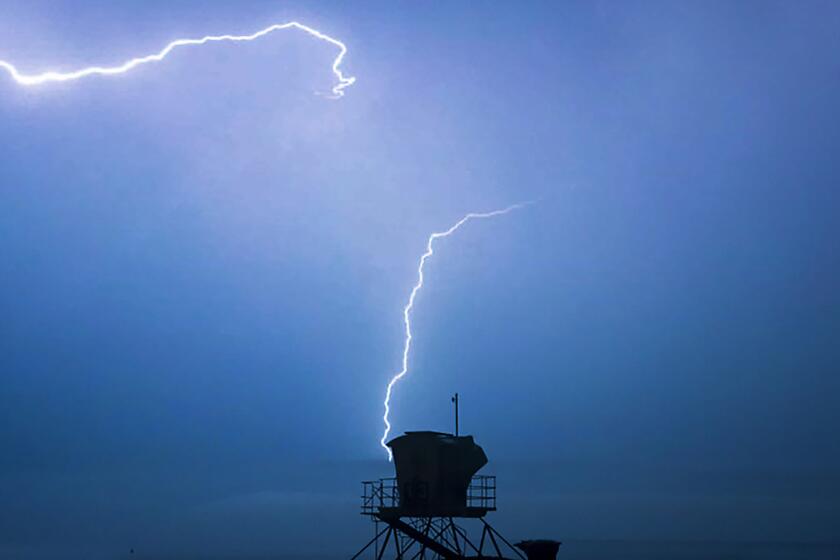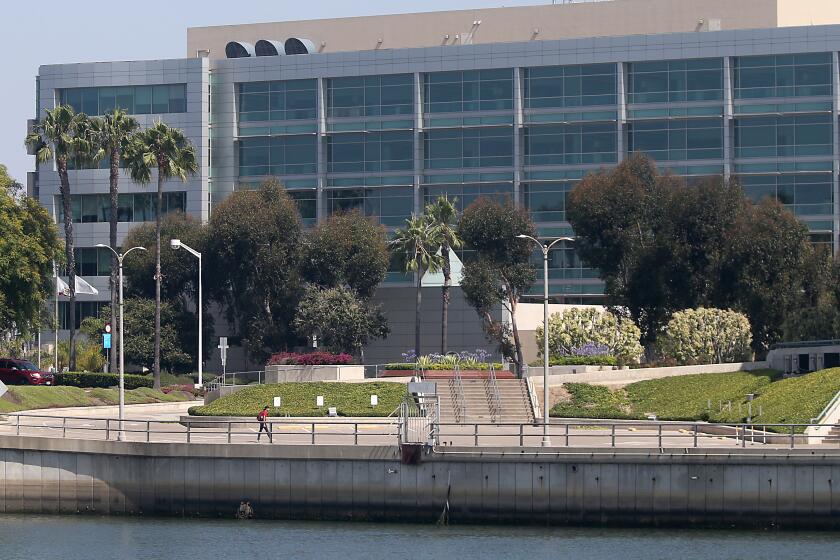L.A. City Council scales back truancy law
The Los Angeles City Council voted unanimously Wednesday to amend the city’s daytime curfew law, which allowed police to ticket students who arrived at school after the start of class, even if they had not intended to be truant.
During an hour-long discussion, more than 30 people criticized the rule as financially crippling — fines and court costs could surpass $800 — and criminalizing to students who, though tardy, were trying to attend school. Many of those fined came from low-income families that could ill afford such costs.
Truancy is a major issue in L.A. not just because the city wants all students to be properly educated, but also because the Los Angeles Unified School District receives money from the state based on daily attendance. Officials also noted that students are more likely to commit crimes or become victims of crimes when they are not in school.
Under the old policy, a student who received a truancy ticket had to appear in court with a parent. A judge would issue a fine and order the student to be on time for the next 60 days or face more legal trouble. Both the parent and student had to return two months later for a follow-up, causing the student to miss school time and the parent to lose wages.
“School attendance is not a court issue,” said Judge Michael Nash, who presides over the Los Angeles County Juvenile Court. “School attendance is an issue for the student, the family, the school and the community.”
The council ended up amending the law by applying a “graduated sanction” clause that calls for first- and second-time offenders to receive no more than 20 hours of community service. Alternatively, students could be referred to school-based programs such as counseling, tutoring, or mentoring to help them find ways to reach school on time.
Only after the third offense would students face a one-time fine of $20. The tickets can accumulate to as high as $155 after mandatory court fees are tacked on.
The amendment codified an agreement between civil rights attorneys from the Public Counsel Law Center, the American Civil Liberties Union and the Los Angeles Police Department, and took that deal one step further by setting a fine cap. In April, the LAPD agreed to exercise leniency during the first hour of class and to stop daytime curfew sweeps except when criminal activity is suspected by youths in a school area.
“This is not a permission slip to be late,” said Councilman Tony Cardenas, who initiated the law’s changes. “There are still consequences.”
Cardenas spent three years working out the agreement with community leaders, including Nash, Police Chief Charlie Beck, and L.A. Board of Education President Monica Garcia.
After the vote, proponents of the change — including scores of student protesters — erupted into applause. They left City Hall chanting and waving signs.
“I’m glad we can make a change in history,” said Cindy Gomez, a senior at University High School in L.A.’s Sawtelle neighborhood. “This law is something that affects us and will affect my little brother and cousins and future generations.”
More to Read
Start your day right
Sign up for Essential California for news, features and recommendations from the L.A. Times and beyond in your inbox six days a week.
You may occasionally receive promotional content from the Los Angeles Times.

